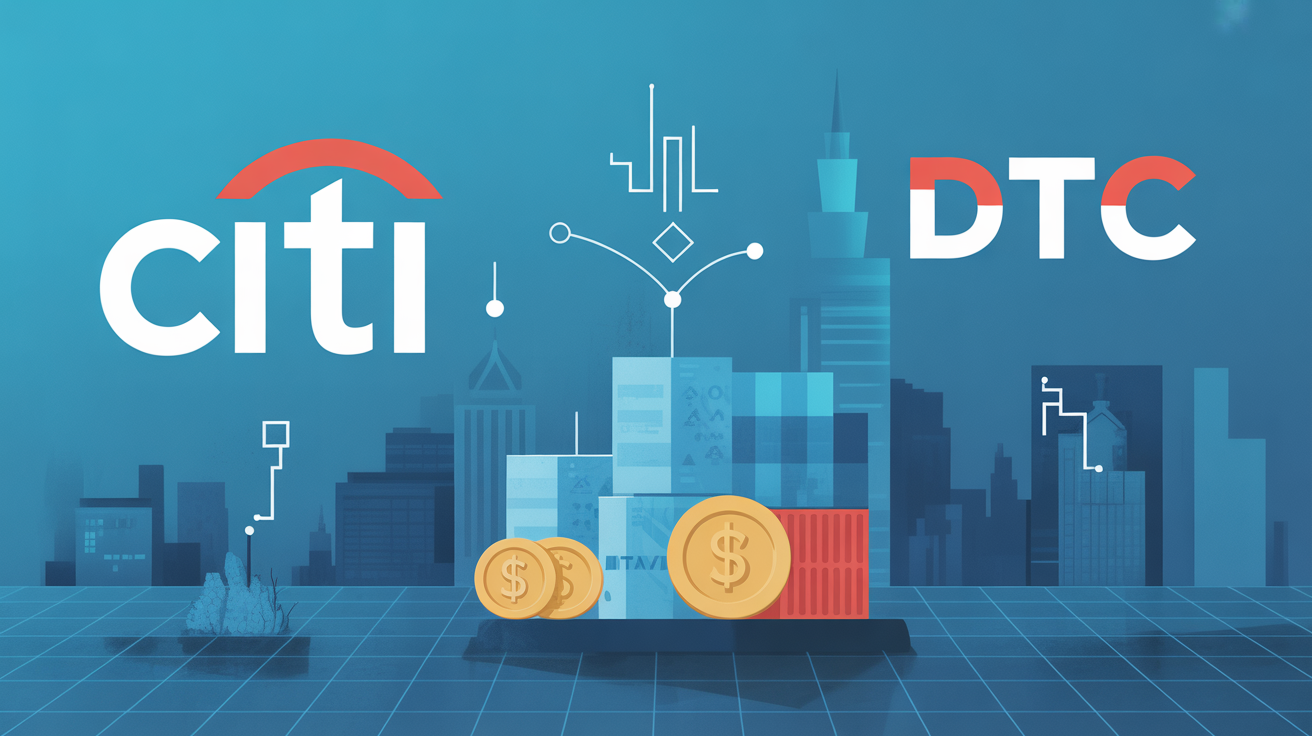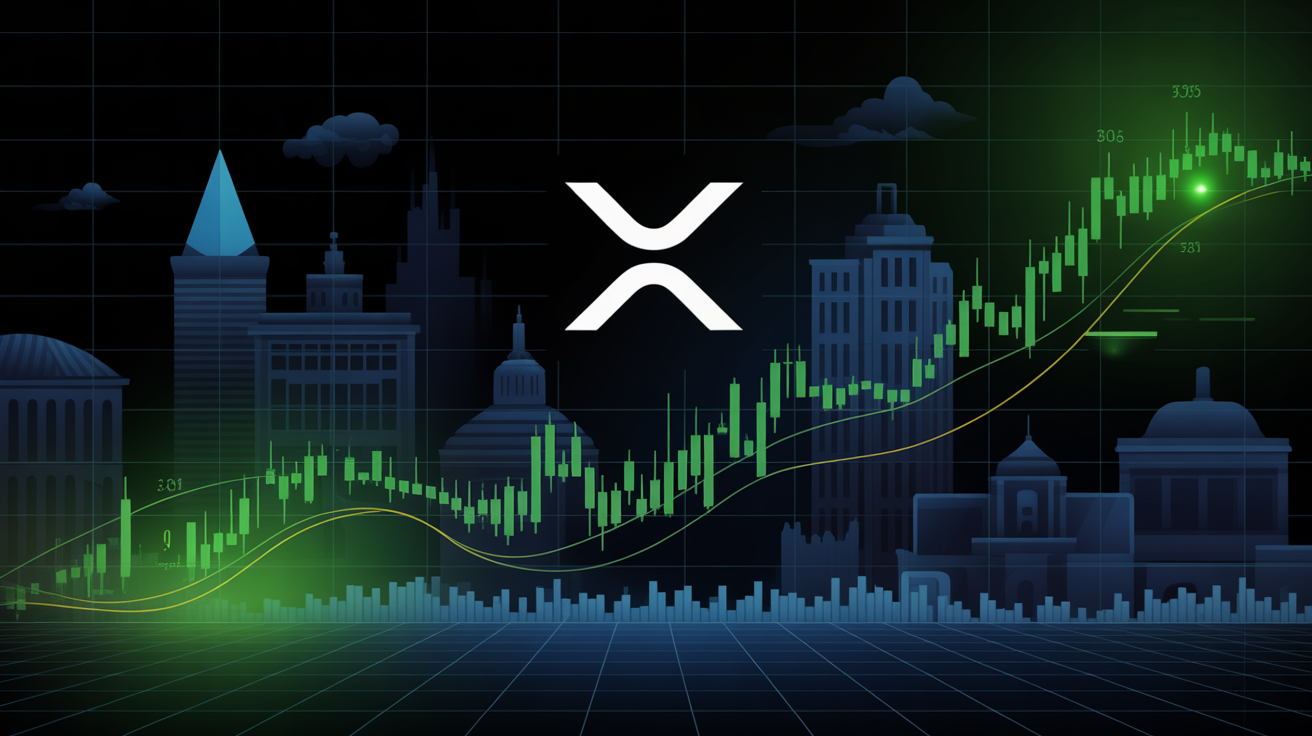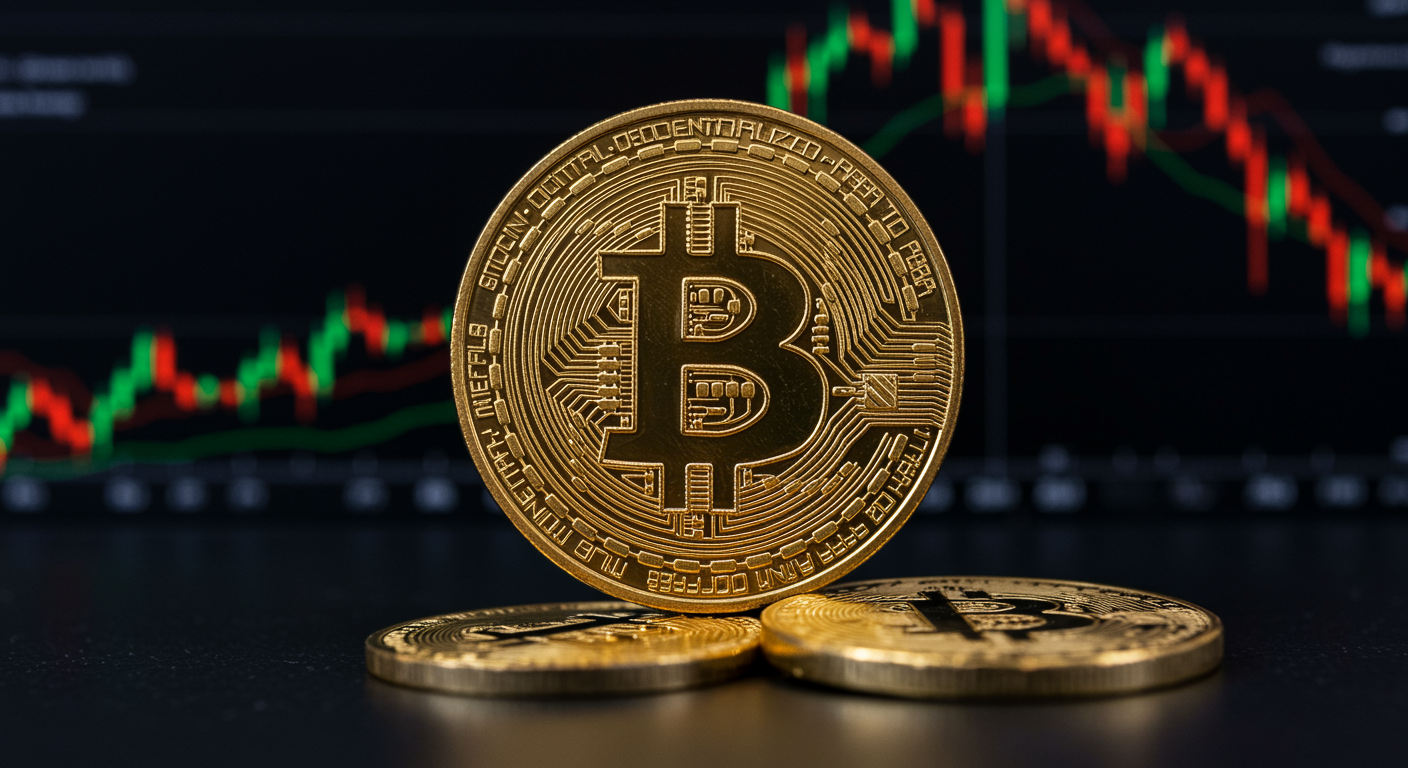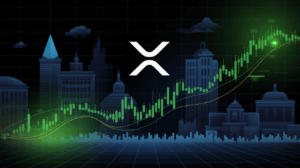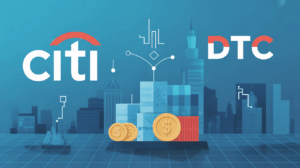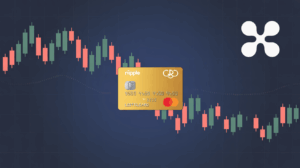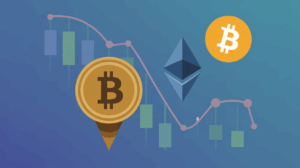After Successful Tokenization Test, Citi and DTCC Press for Faster Regulatory Action
Citi, DTCC Warn That Regulation, Not Technology, Is Holding Back Tokenized Finance
November 6, 2025
Global financial leaders say the technology underpinning tokenized collateral is ready for large-scale use — but fragmented regulation continues to slow adoption.
Speaking at Chainlink’s SmartCon 2025 conference in New York, executives from Citi, DTCC, and Taurus agreed that the next stage of blockchain integration across traditional finance depends more on legal harmonization than on technological innovation.
Ryan Rugg, global head of digital assets at Citi Treasury and Trade Solutions, said the bank’s Citi Token Services platform is already live across four markets — the U.S., U.K., Hong Kong, and Singapore — and processing billions in client transactions, from supply chain payments to capital markets settlement.
“Clients are using it every day — not just off-hours or weekends,” Rugg said. “It proves tokenized money works in real-world settings.”
Still, scaling remains difficult. Citi must secure approval from regulators in every jurisdiction, creating friction that slows expansion. The long-term goal, Rugg added, is to create a seamless, multi-bank network operating as smoothly as email does today — but the legal structure for that doesn’t yet exist.
DTCC’s global head of digital assets, Nadine Chakar, said the firm’s “Great Collateral Experiment” showed that tokenized Treasuries, equities, and money market funds can be used as collateral across time zones and asset classes — even alongside digital assets.
“Technology isn’t what’s holding us back,” Chakar said. “It’s about interoperability and legal enforceability — areas where the rules still diverge.”
DTCC is now collaborating with SWIFT and other global market infrastructure providers to align standards and messaging protocols across tokenized networks.
Taurus co-founder Lamine Brahimi urged regulators to follow Switzerland’s example, where unified legal and technical frameworks already support tokenized assets. Without similar coordination, he warned, the global financial system risks fragmentation, security gaps, and regulatory mismatches.
Panelists agreed that wallet-based infrastructure will likely coexist with traditional account-based systems in the short term, eventually evolving into the default model. But for now, legal uncertainty remains the biggest brake on innovation.
“Digital assets move anywhere, anytime,” Chakar said. “But the laws that govern them are still local — and that’s the real disconnect.”
Share this content:
